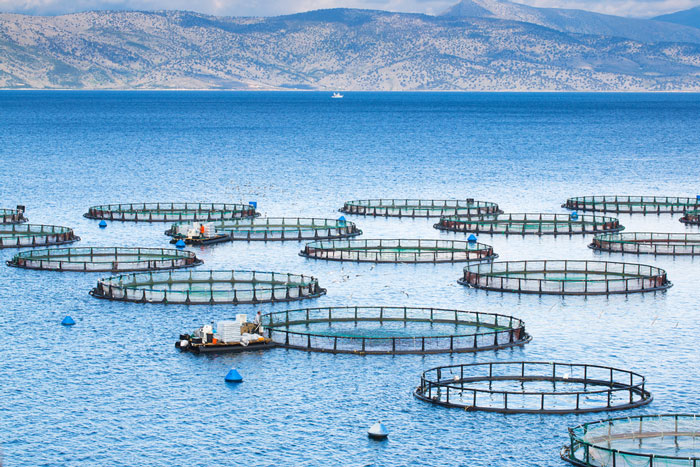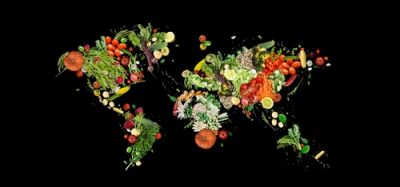Is fishmeal to blame for rise in antibiotic resistance?
- Like
- Digg
- Del
- Tumblr
- VKontakte
- Buffer
- Love This
- Odnoklassniki
- Meneame
- Blogger
- Amazon
- Yahoo Mail
- Gmail
- AOL
- Newsvine
- HackerNews
- Evernote
- MySpace
- Mail.ru
- Viadeo
- Line
- Comments
- Yummly
- SMS
- Viber
- Telegram
- Subscribe
- Skype
- Facebook Messenger
- Kakao
- LiveJournal
- Yammer
- Edgar
- Fintel
- Mix
- Instapaper
- Copy Link
Posted: 4 September 2017 | New Food | No comments yet
A new study points to fishmeal as a potential cause for the rise in drug-resistant bacteria which might spell disaster for world health.


Fish farming, or aquaculture, is one solution to declining fish stocks
Researchers at Dalian University of Technology in China said that fishmeal, used largely to feed farmed fish, was promoting “antibiotic-resistant gene (ARG) dissemination internationally”.
The team lead at the Laboratory of Industrial Ecology and Environmental Engineering released the research last week.
In it, they studied commercially available fish meal from Chile, Peru, China, Russia, Australia and the USA, and trawled the sediment beneath fish farms in which it was used.
The scientists found 132 antibiotic resistant genes in the sediment, something, the Independent suggested, that has been largely attributed to the use of drugs on the stock above.
The newspaper said that the research “could help explain why resistant bacteria have been showing up in unexpected places around the world such as isolated caves and ancient permafrost”.
In the abstract to their work published in Environmental Science and Technology, they team said: “ARG abundance and diversity in the mariculture microcosm sediment were significantly increased by the addition of fishmeal, and trends in ARG patterns correlated with the resident bacterial community in sediment (P < 0.05).
“Our study has revealed for the first time that fishmeal itself is a major reservoir for ARGs, and the shift in the bacterial community induced by the nutrients in fishmeal is the main driver shaping the resistome in mariculture microcosm sediment. Our findings caution against the previously unperceived risk of ARG propagation in fishmeal-receiving ecosystems.”
The research adds to controversy surrounding antibiotic resistance at fish farms. In January, a team of researchers from Scandinavia and the USA looking at much the same subject in northern Europe, concluded that “the resistomes of the intestinal contents of farmed fish contribute to the enrichment of ARGs in sediments below fish farms in the Northern Baltic Sea.
“Using high-throughput methods to study fish resistomes, we found a significant correlation between the relative abundances of the transposases in thme and tetracycline resistance genes. This might lead to the risk of ARG mobilisation from piscine bacteria to bacteria in the surrounding environments.
“Determining the sources of ARGs at fish farms is important for managing and minimising the emergence of ARGs at the fish farms and for lowering the risk of ARG spreading to the surrounding farm environments.”
Related topics
Contaminants, Food Safety, Health & Nutrition, Lab techniques









